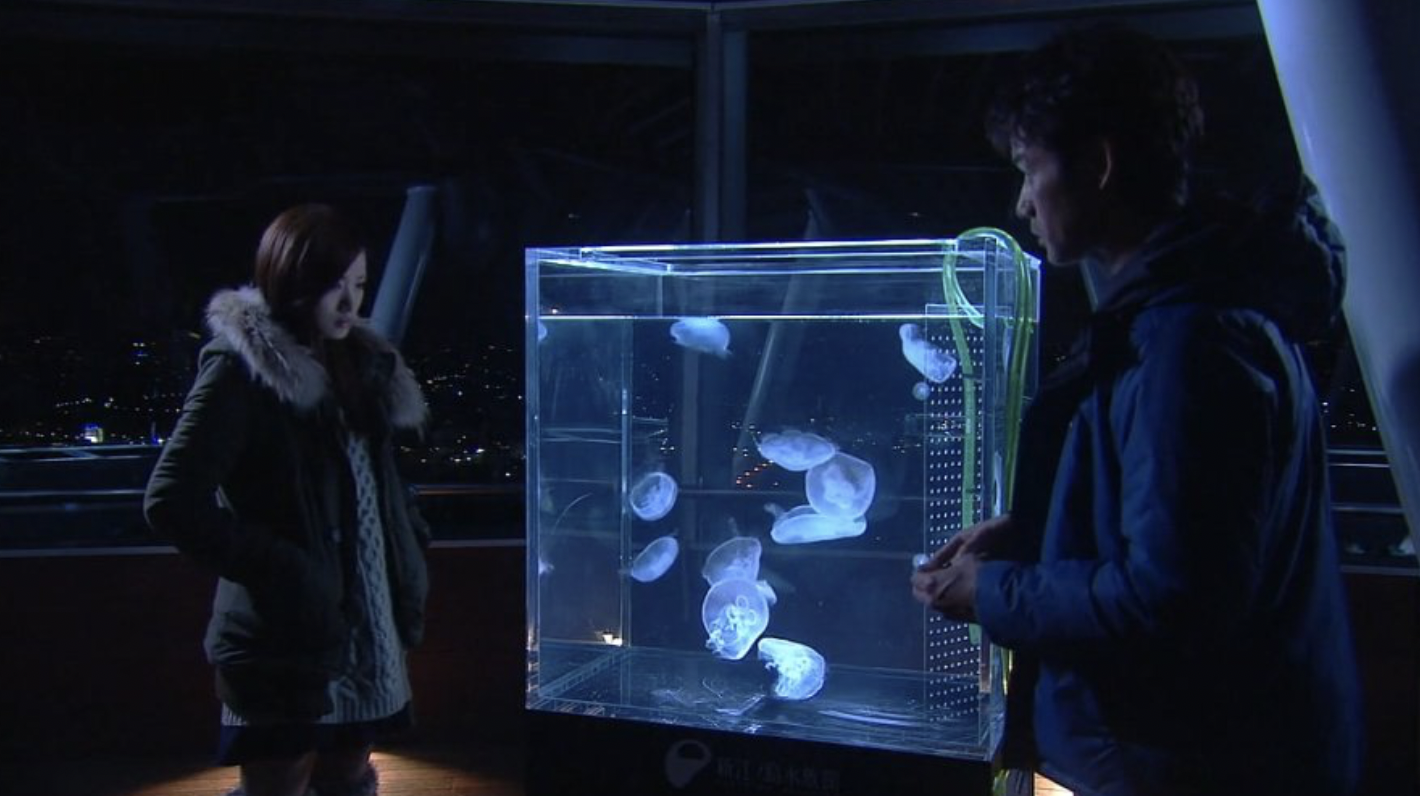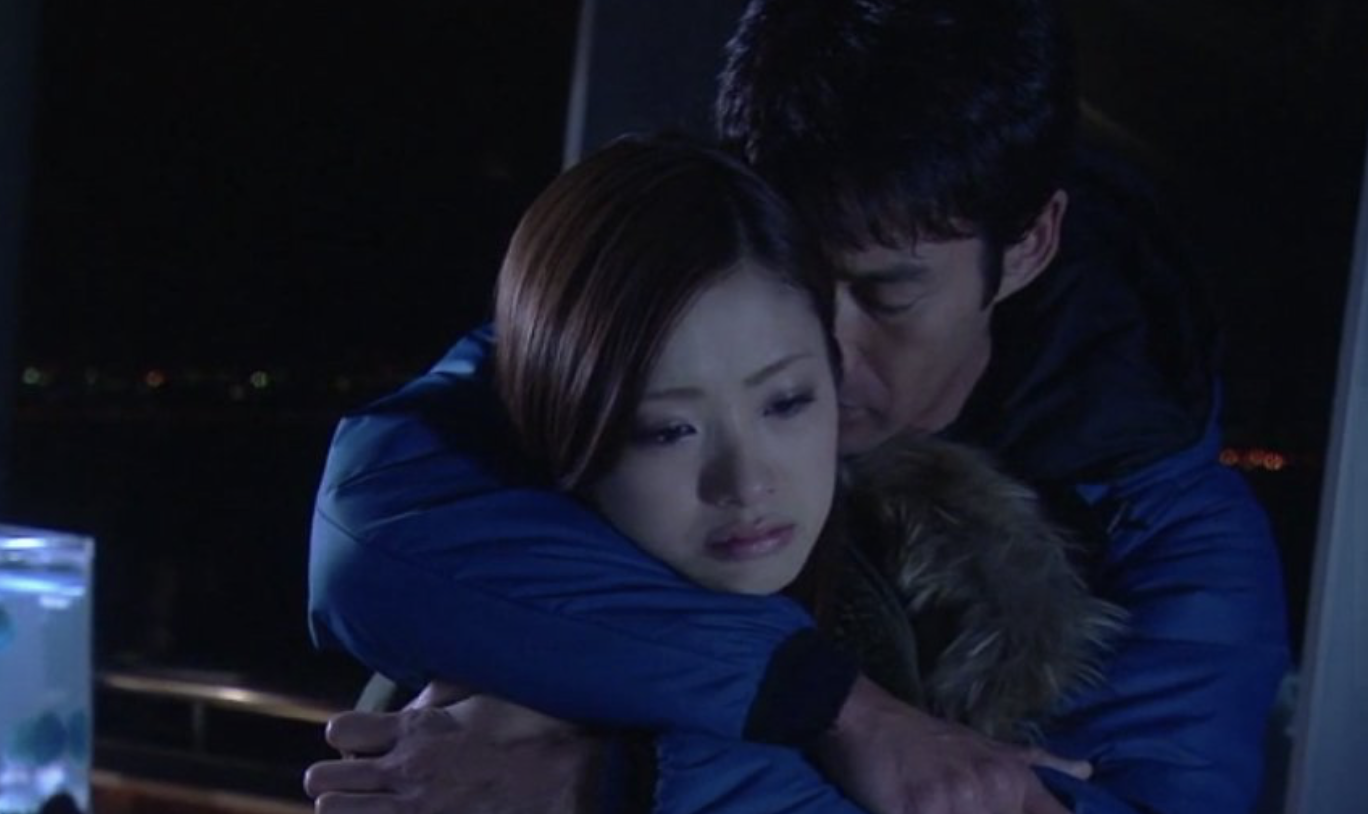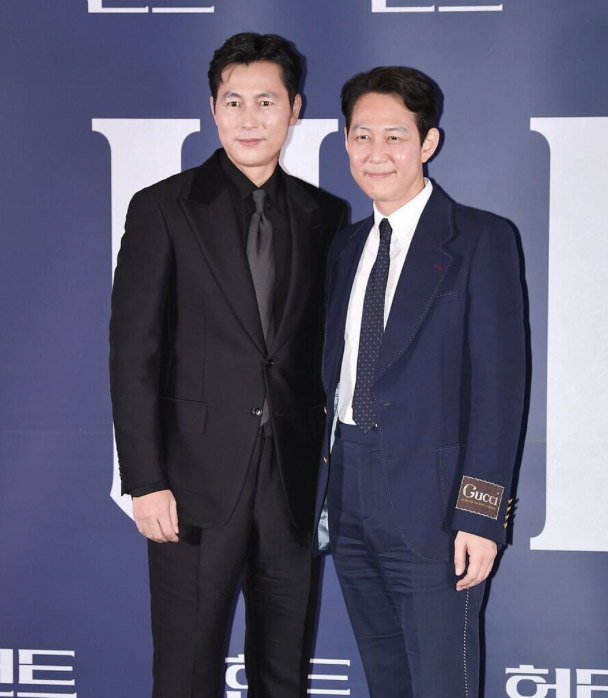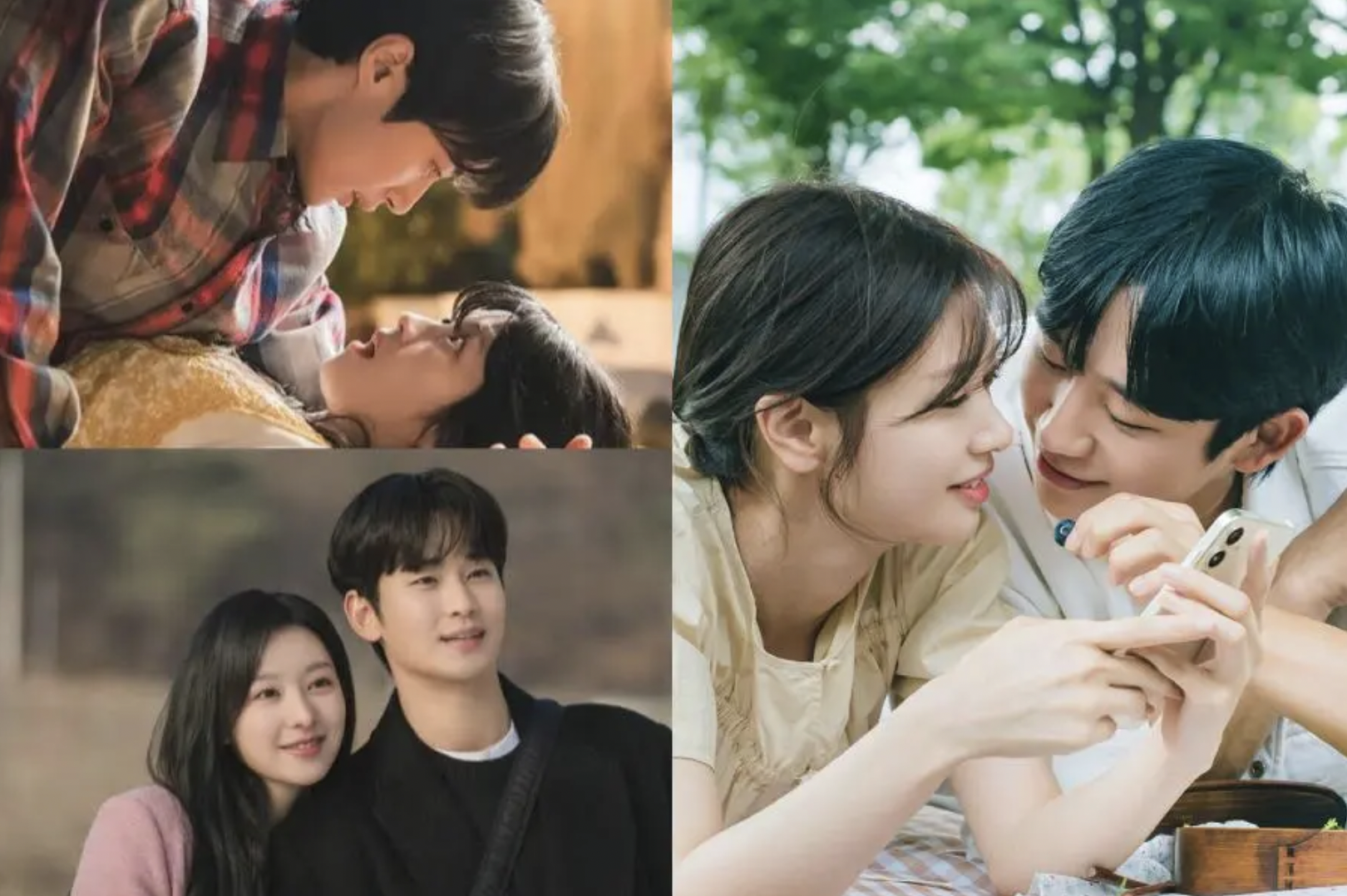
Nagareboshi -Drama Review
DramaZen's Opinion
“Nagareboshi” – A Quiet Love Story That Shines in Subtle Ways

Touching. Romantic. Addictive in the kind of slow, reflective way that sneaks up on you. Nagareboshi isn’t a flashy drama with big, emotional outbursts or action-packed scenes. Instead, it weaves a delicate story where the silence between words speaks louder than anything said aloud. There’s a beauty in its restraint—a quiet intensity that pulls you in and holds you tight, even when you can’t quite explain why.
The brilliance of this drama lies in its cast. Ueto Aya, whom I adored in Attention Please, delivers an unforgettable performance here. This time, she sheds her playful persona to embody a disillusioned young woman scarred by life’s hardships. Guarded and wary of men, Risa craves warmth and belonging, and Ueto portrays her with such grace and vulnerability that it’s impossible not to fall in love with her fragility, courage, and quiet beauty.
Opposite her is Takenouchi Yutaka, who plays Kengo, a man leading a simple life but willing to make extraordinary sacrifices to protect his sister. His character is calm and composed throughout, so much so that I kept waiting for him to break—only to realize his strength lies precisely in his stillness. Every glance, every unspoken word carries the weight of his emotions, and it’s this restraint that makes him such a compelling character. Their relationship is like a slow-burning flame—no shouting, no grand declarations, yet the chemistry between them is undeniable, and every interaction feels like it carries the weight of a thousand emotions.
Even Matsuda Shota, another standout in the cast, speaks in the same calm, measured tones, mirroring the gentle rhythm that defines the entire show. Nagareboshi flows like the jellyfish drifting through the aquarium—graceful, mesmerizing, and unexpectedly beautiful. I never imagined jellyfish could become a symbol of serenity, but this drama made me appreciate them in a whole new way.
The supporting cast, particularly the women, adds depth and nuance to the story, making every scene feel meaningful. The cinematography deserves special praise—each shot is a love letter to Japan’s natural beauty. From soft sunsets to quiet streets, the visuals capture a tranquil atmosphere that feels like a balm for the soul. It’s refreshing to watch a drama that doesn’t rely on glamorous stars, glossy wardrobes, or cliched hero-in-the-shower moments. This is a love story about two ordinary people navigating life’s complexities, and that makes it all the more relatable—it feels like it could be us.
The soundtrack, though not my usual genre, fits the drama’s pacing perfectly. I usually lean toward instrumental scores, but the music here complements the mood so well that it feels like an extension of the story itself.
If you enjoy slow-burning romances with minimal melodrama, no love triangles, and emotional depth conveyed through subtle interactions, Nagareboshi will be right up your alley. It’s a story meant for mature viewers—not because of age, but because it requires patience and an appreciation for the unspoken. This isn’t a grand love story—it’s a simple, beautifully complicated one, and that’s exactly why it’s unforgettable.





